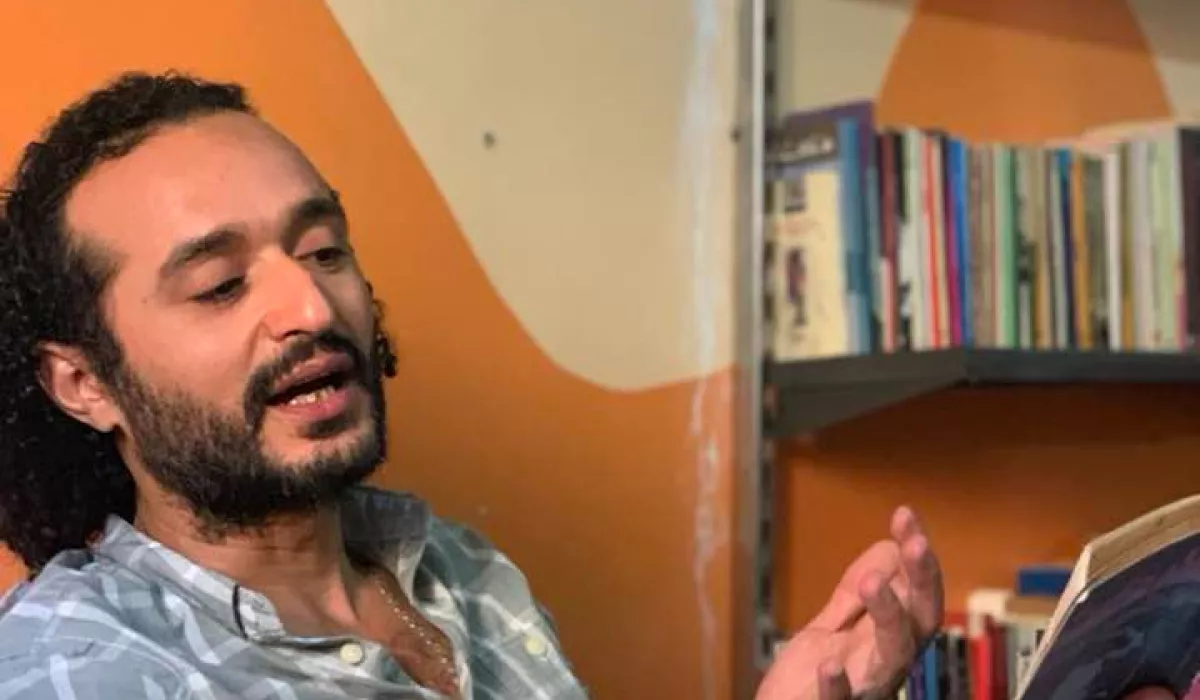
Niger’s Military Junta Detains Prominent Journalist Moussa Tchangari: Calls for His Immediate Release
December 4, 2024
U.S. Condemns Police Brutality Against Journalists in Georgian Protests
December 4, 2024December 4, 2024 – Media –
A wave of concern swept through Israel’s media landscape as journalists, editors, and opposition lawmakers accused the Netanyahu government of launching a coordinated campaign to weaken press freedom. During an emergency session at the Knesset, media professionals warned that a proposed media reform package would place dangerous levels of control in the hands of the government, threatening the independence of journalism in Israel.
The reforms, championed by Communications Minister Shlomo Karhi and backed by Prime Minister Benjamin Netanyahu, include proposals to privatize the Israel Public Broadcasting Corporation, commercialize Army Radio, and shift control of television ratings to government oversight. Critics argue that such moves would allow the government to manipulate public media content and funding, while favoring outlets that align with the ruling coalition’s narrative.
Channel 12 anchor Oded Ben-Ami likened the assault on the press to “a very sharp attack” on democracy, stating that journalists act as society’s “stethoscope” and must be free to function. Investigative journalist Merav Betito added a chilling dimension, revealing that Likud activists had created a political “scorecard” of journalists based on perceived ideological leanings. Such profiling, she warned, could lead to threats and even detainment of reporters viewed as unfriendly to the government.
The proposals have drawn fierce criticism from the Foreign Press Association, the Israeli Union of Journalists, and global press freedom groups, who say the reforms echo tactics seen in authoritarian regimes. They argue that restructuring media under the guise of competition and deregulation is a thinly veiled attempt to silence critical voices and concentrate power.
Supporters of the reforms claim they will “open the market” and improve media diversity, but opponents maintain that they endanger the pluralistic nature of Israel’s media environment. As Israel faces rising internal and international scrutiny over its democratic standards, the fate of these proposals will be pivotal.
At stake is more than just a policy shift—it is the fundamental right to free expression and the survival of a press that has long been a pillar of Israeli democracy. The coming weeks may determine whether that tradition withstands growing political pressure.




